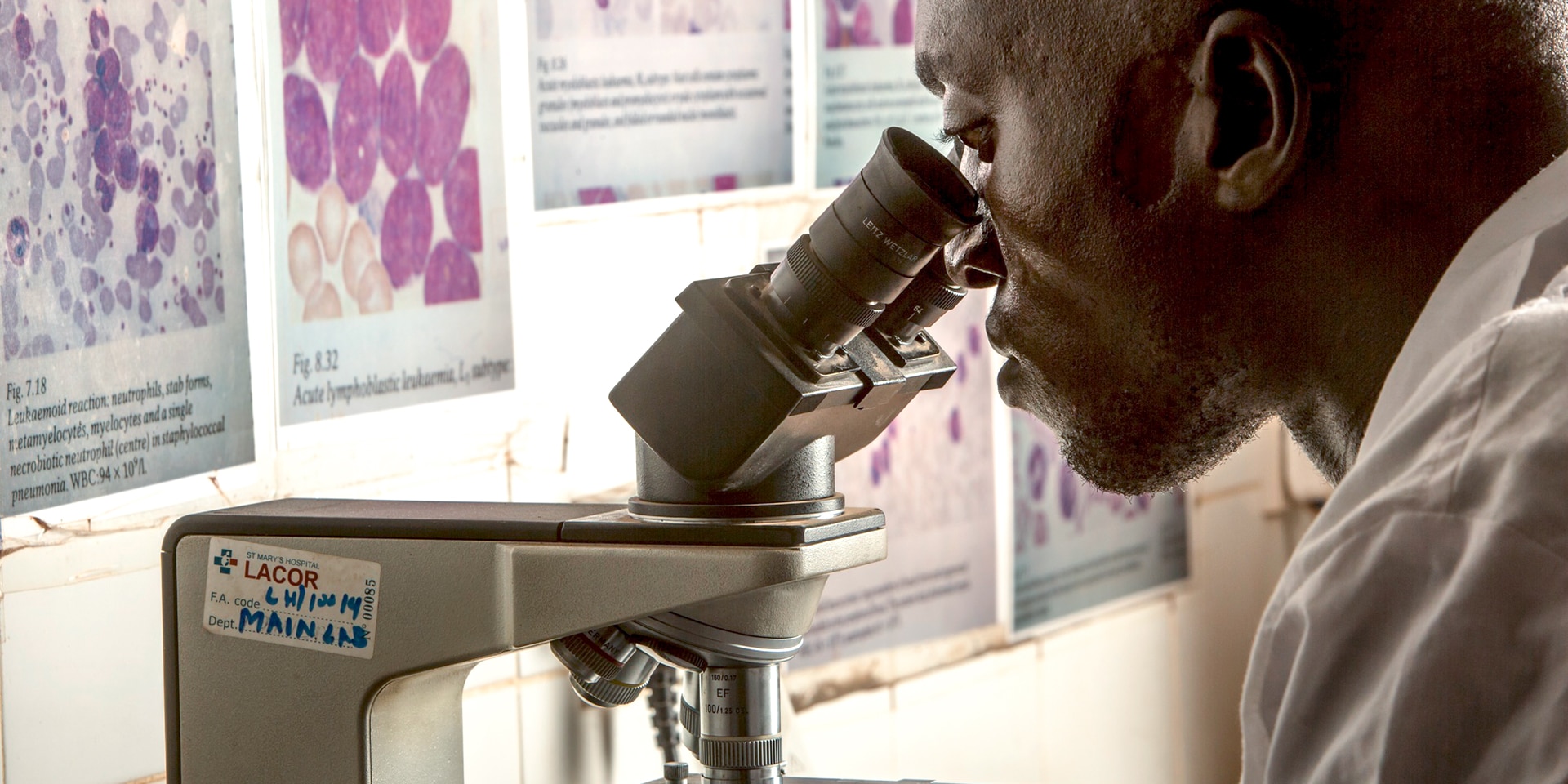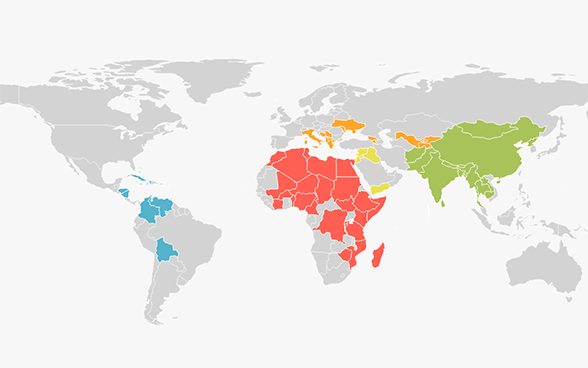Memorandum of Understanding
In August 2017, the Memorandum of Understanding was signed by the SDC's then Director Manuel Sager and Reto Grüninger, head of the "Competence Centre for Commitment with the Private Sector". On the part of Nestlé, it was signed by Mark Schneider, Chief Executive Officer, and by Christian Frutiger, then Global Head of Public Affairs. As of October 1, 2019, Christian Frutiger acts as Head of the SDC's Global Cooperation Division, making him one of four SDC vice Directors. In his function as Head of "Global Cooperation" at the SDC, Christian Frutiger is not responsible for the cooperation with the private sector. This is the responsibility of the "Competence Centre for Engagement with the Private Sector", which is part of the Directorate "Southern Cooperation".
Memorandum of understanding (PDF, 7 Pages, 203.7 kB, English)



.jpg)
